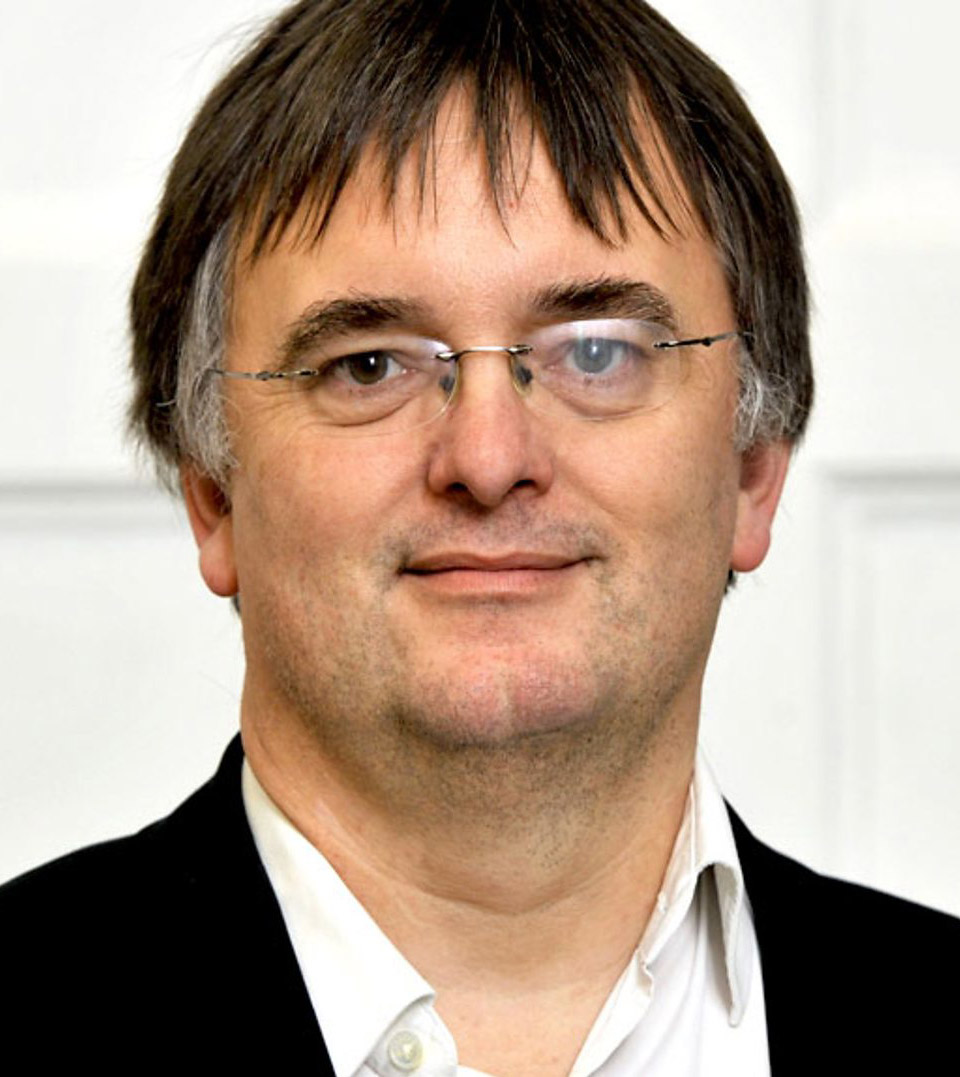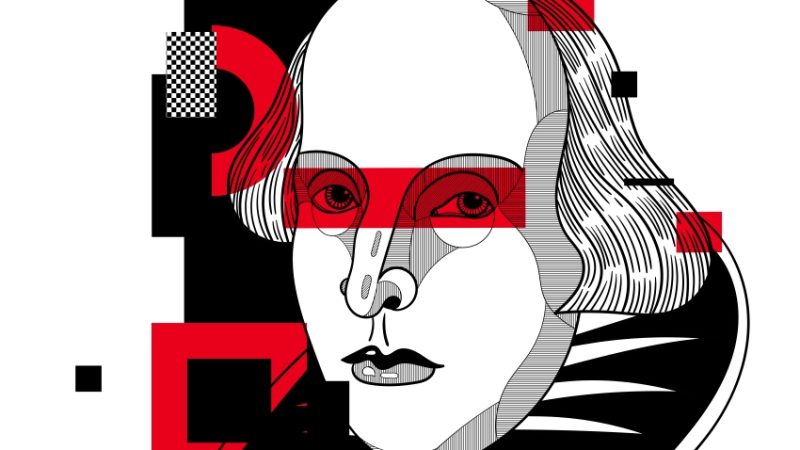Endless Discussion About Education Theory Won’t Make Us Better Teachers

“When we talk to children in a classroom we are expressing the desires and wishes of our entire society to teach the next generation”

- by David Perks

Pedagogy is all the rage. Everyone, it seems, has a theory of teaching. The number of books published with the aim of telling teachers how to teach is on a seemingly exponential rise, and lengthy ‘must-read’ lists appear regularly on education blogs.
Twitter is alive with debates about the benefits of direct instruction vs enquiry based learning. Cognitive science is discussed in meetings on everything from pupil premium to how science should be taught. Metacognition – learning to learn – is promoted as the number one intervention technique schools can use to support under privileged pupils; this is backed up by the work of the Education Endowment Foundation in their Teaching and Learning Toolkit.
The success of Tom Bennett’s ResearchED phenomenon tells us, if nothing else, that there is a near infinite demand for evidence-based pedagogy. In other words, teachers seem to be very seriously looking for answers to the question, ‘How do we teach?’
As I was reminded recently, it was not always this way. When I trained as a teacher the resounding question was, ‘Why no pedagogy in Britain?’ Our preparation for life in the classroom at the time was focused on the problem of comprehensive education. The approach was to try to understand why working class pupils found it harder to succeed at school than their more privileged peers.
University education departments were attempting to mount a defence of comprehensive education by emphasising the difficulties children faced in school. Ideas like Hargreave’s hidden curriculum were put forward to explain the failure of schools to change outcomes for pupils from socially deprived backgrounds. The idea was that regardless of what was being taught, schools did nothing to challenge the wider culture of low expectations of working class pupils and so nothing would change.
Too structured to fail?
Personally, I remember starting teaching in Newcastle-upon-Tyne as a naïve idealist with little more than a syllabus, a textbook and a box of chalk (I still miss the chalk). Learning to teach was basically a case of being left to sink or swim. You were expected to find it tough, yes – but if you wanted to succeed, the assumption was that you would make it through and learn your craft.
This is in stark contrast to today. Every aspect of the role of a modern teacher is carefully monitored and scripted. It is as if the techniques they are taught (rather than their own expertise) are expected to make all the difference between success and failure. From national obsessions about marking with purple and green pens to centralised detentions, every element of the craft is theorised and turned into a mandated behaviour.
But what does this achieve? Are teachers better for all this pedagogy? Will the theories and techniques help them make a difference in the classroom that surpasses previous attempts to teach? I doubt it. In fact, I think we are developing a fragile profession, unable to face teaching children without structures and theories of education that tell us we are doing the right thing.
It’s all part of a drive to mechanise teaching. The teacher is viewed as essentially fallible, and the source of any problems; the school must protect staff from the nature of the job by creating frameworks and approaches that enable teaching and learning to take place in a highly structured and ordered way. The demand for method is near total.
It’s about relationships
Even though theories come and go, the impetus remains. There must, surely, be something out there that explains how to manage teaching and learning so that it becomes a technique that can be improved and made more efficient. Everyone is looking for the short cuts to learning.
However, all of this avoids the basic relationship in education, which is the teacher transmitting knowledge to the pupil about a subject. This is not a technical problem. It is not a conveyor belt. It is a real, human relationship. In one sense this couldn’t be more simple; in another, it is as complicated as it gets.
When we talk to children in a classroom we are expressing the desires and wishes of our entire society to teach the next generation. We are building our society anew. All our beliefs and hopes for the future go into that relationship, even when you are teaching Newton’s laws of motion to a year 8 class on a wet Friday morning.
Pedagogy doesn’t come close to appreciating what it is we are doing. It’s teaching that matters. What we need are teachers who know why they are in the classroom. If we get that bit right, then we have a real chance of educating our pupils.
The next meeting of the Institute of Ideas Education Forum, which gathers monthly to discuss trends in education policy, theory and practice, will focus on assessment. The session, titled ‘Nothing To Lose: Testing Teacher Judgement’ will feature speakers Daisy Christodoulou and Mark Taylor, and take place in central London on Monday, 8 May. All teachers, parents and education professionals are welcome. instituteofideas.com/forums/education_forum
Dave Perks is founder and principal of the East London Science School, a free school which aims to give all pupils a rigorous academic education irrespective of their background or ability.









